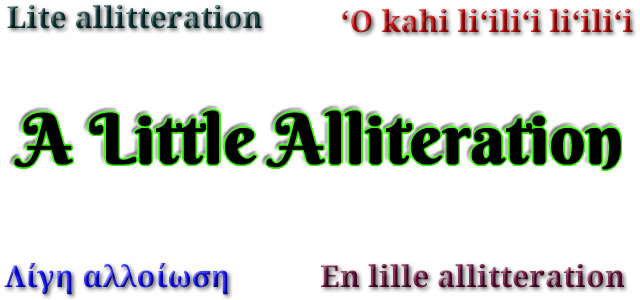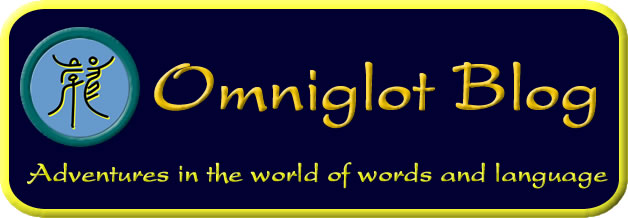I spent last week in Donegal in the northwest of Ireland learning some more Irish, and learning about the area where I was, Glencolmcille (Gleann Cholm Cille in Irish). I had a great time, met some interesting people, and saw some beautiful places.
The course I did this time is called Language and Landscape: The Heritage of Gleann Cholm Cille / Teanga agus Timpeallacht: Oidhreacht Ghleann Cholm Cille. It involves Irish language classes in the mornings, and walks, talks, trips and other activities in afternoons and evenings. It’s run by Oideas Gael, an Irish language and culture centre in the southwest of Donegal which is celebrating its 40th year this year. I’ve been there for 16 of those years: every year from 2005 to 2019, and in 2024.
In previous years I’ve done courses there in Irish language, harp and bodhrán playing, and Irish sean-nós singing. I always enjoy my time there, which is why I keep going back. Most of the people there were from Ireland, and there were also people from the USA, UK, France, Canada, Portugal, Austria and Russia.
So, as well as practising my Irish, I got to speak other languages like French, German and Japanese. In class our teacher also taught as a few interesting words in Ulster Scots.
These include:
- gollumpus = an ungainly person; a large, loutish, uncoordinated person
- gomeral = a fool, simpleton lout
- glype, glipe = a stupid and annoying person
- clart = mud, mire; a lump or clot of something disagreeable or distasteful; a big, dirty, untidy person
Gomeral is a diminutive of Middle English gōme (man, warrior, husband, male servant), from Old English guma (male, hero), from Proto-Germanic *gumô (man, person), from Proto-Indo-European *ǵʰmṓ (man, person) [source].
Clart comes from Middle English *clart, from biclarten (to cover or smear with dirt) [source].
I’m not sure where the other words come from.
One thing we did in class was to come up with some new proverbs in Irish. Incidentally, the Irish word for proverb is seanfhocal, which literally means “old word”. So here are a few new old words:
- Ní aon maitheas an chomhad a shabháil agus an riomhaire múchta agat.
There’s no good in saving the file when you’ve turned off the computer. - Ní léiríonn solas an scáileáin bealach éinne.
The light of the screen shows no one the way. - Is fearr traein amháin ná míle gluaisteán.
One train is better than 1,000 cars.






















